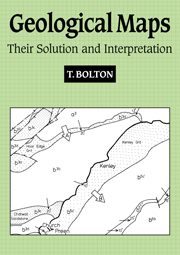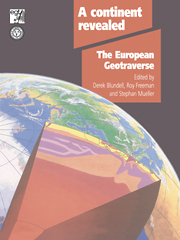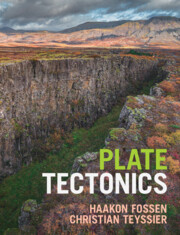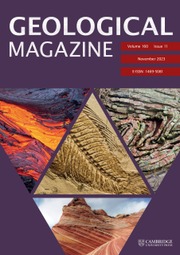Analysis of Geological Structures
A knowledge of structural geology is fundamental to understanding the processes by which the earth's crust has evolved. It is a subject of fundamental importance to students of geology, experienced field geologists and academic researchers as well as to petroleum and mining engineers. In contrast to many structural textbooks which dwell upon geometrical descriptions of geological structures, this book emphasises mechanical principles and the way in which they can be used to understand how and why a wide range of geological structures develop. Structures on all scales are considered but the emphasis of the book is on those that can be seen on the scale of hand specimen or outcrop. Drawing on their considerable teaching experience the authors present a coherent and lucid analysis of geological structures which will be welcomed by a wide variety of earth scientists.
Product details
August 1990Paperback
9780521319584
520 pages
300 × 210 × 28 mm
1.25kg
Available
Table of Contents
- Preface
- Acknowledgements
- 1. Fundamental Principles
- 2. Minor fractures - their nomenclature and age relationships
- 3. Concordant and discordant intrusions
- 4. Diapirs, related structures and circular features
- 5. Faults - nomenclature, classification and basic concepts
- 6. Strike-slip faults
- 7. Overthrusts and thrust nappes
- 8. Normal faults and associated structures
- 9. Development of systematic fractures in slightly deformed sedimentary rocks
- 10. Introduction to folding
- 11. Surface and single layer buckling
- 12. Multilayer folds and associated structures
- 13. The buckling of anisotropic rocks
- 14. Initiation of large buckle folds and fracture-fold relationships
- 15. The life and times of a buckle fold
- 16. Boudinage and pinch-and-swell structures
- 17. Rock cleavage and other tectonic fabrics
- 18. Structural analysis
- Index.








